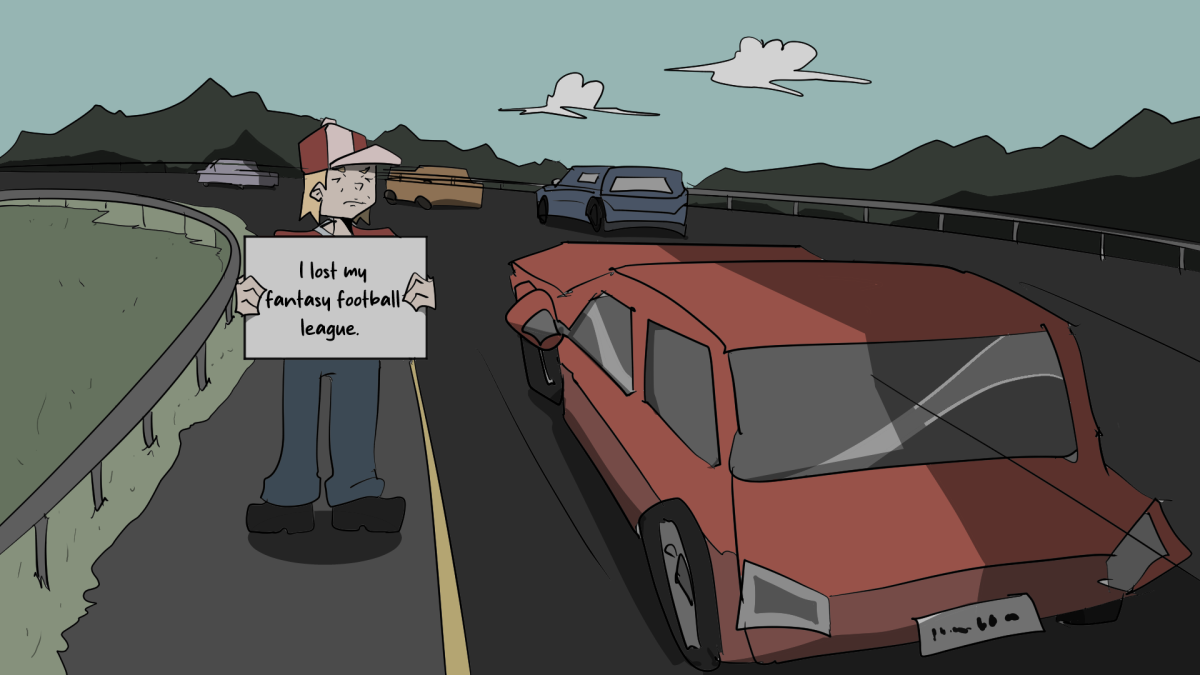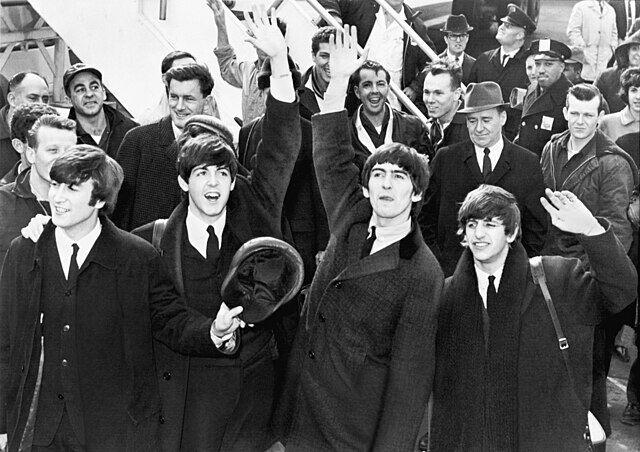Fantasy football, a game where you get to act as the owner and coach of your own NFL team, has become a cultural phenomenon. Most notably, the loser’s punishments have.
Fantasy football works by allowing the player to draft real NFL players onto their team. Players join a league — typically with their friends — and their teams compete against each other to win the most points. Teams win or lose points through individual players’ real-life performance in the NFL and different maneuvers equate to a certain amount of points. For example, a touchdown would count for six points, a lost fumble typically counts for negative two points and 10 rushing yards typically count for one point.
At the end of the season, the loser of the league is determined and they typically suffer through a predetermined punishment. Will Farmer, a fourth-year studying forest management, lost in his fantasy league last year and had to complete the 3-6-9 challenge. This meant he ran nine miles, drank six beers and ate three hot dogs.
“You have to pick between running miles, drinking cans of beer and eating hot dogs and assign it to your choosing of 3-6-9,” Farmer said. “You have a three hour timeline to do everything. Just to spite my roommates, I was like, ‘I think I could actually run the nine miles’.”
Farmer said some of the other punishments he heard of included wearing acrylic nails until they came off, as well as the Waffle House challenge. This is when the loser has to spend 24 hours in a Waffle House, but every waffle they eat takes an hour off their time.
Juan Salazar, a fourth-year studying nutrition, said the goal of the punishments is to provide entertainment for the other members of the league.
“One of [our punishments] is you have to build a 500 piece puzzle in the closet with just a headlamp,” Salazar said. “Last year it was the beer mile and we got to watch the guy do it. That was pretty funny.”
The beer mile, if you’re unfamiliar, is when the loser has to run a mile on a track and shotgun a beer every lap.
Salazar said he has seen punishments where the loser has to retake the SAT and get a certain score, post a TikTok trend for 30 days or stay in a dog crate while having food and objects thrown at them.
“You go in a dog crate and everyone just brings whatever they want and they throw it at you,” Salazar said. “Could be like, jelly, peanut butter, mayonnaise, horseradish, rotten milk and all that jazz.”
Salazar said the worst punishment he’s seen was a social media post.
“I opened Instagram and I saw this guy doing a TikTok dance in his underwear on his Instagram and the caption was a hashtag ‘I suck at fantasy,’” Salazar said. “I was like, ‘Oh, my God.’ He was really wearing no clothes except, like, those ballerina skirts.”
Kevin Clarke, a third-year studying biomedical engineering, said one of his past league punishments was a spin-off of the beer-mile.
“So we had the milk-mile where we gave them a gallon of milk and we filled up a cup each time they ran a lap,” Clarke said. “He finished a gallon by the end of the mile. By lap two, buddy was hurting.”
Salazar said the appeal of fantasy football is partially for the social aspect.
“Before I played fantasy, I had people saying ‘Oh, you want to do this fantasy league?’” Salazar said. “Being outside of it, you feel like an outsider. But then when you’re in it, there’s so many people playing. So for example an easy conversation starter is like, ‘Oh, my fantasy …,’ then other people are like, ‘Oh yeah, my fantasy ….’ And if you’re not playing, it’s easy to feel left out.”














